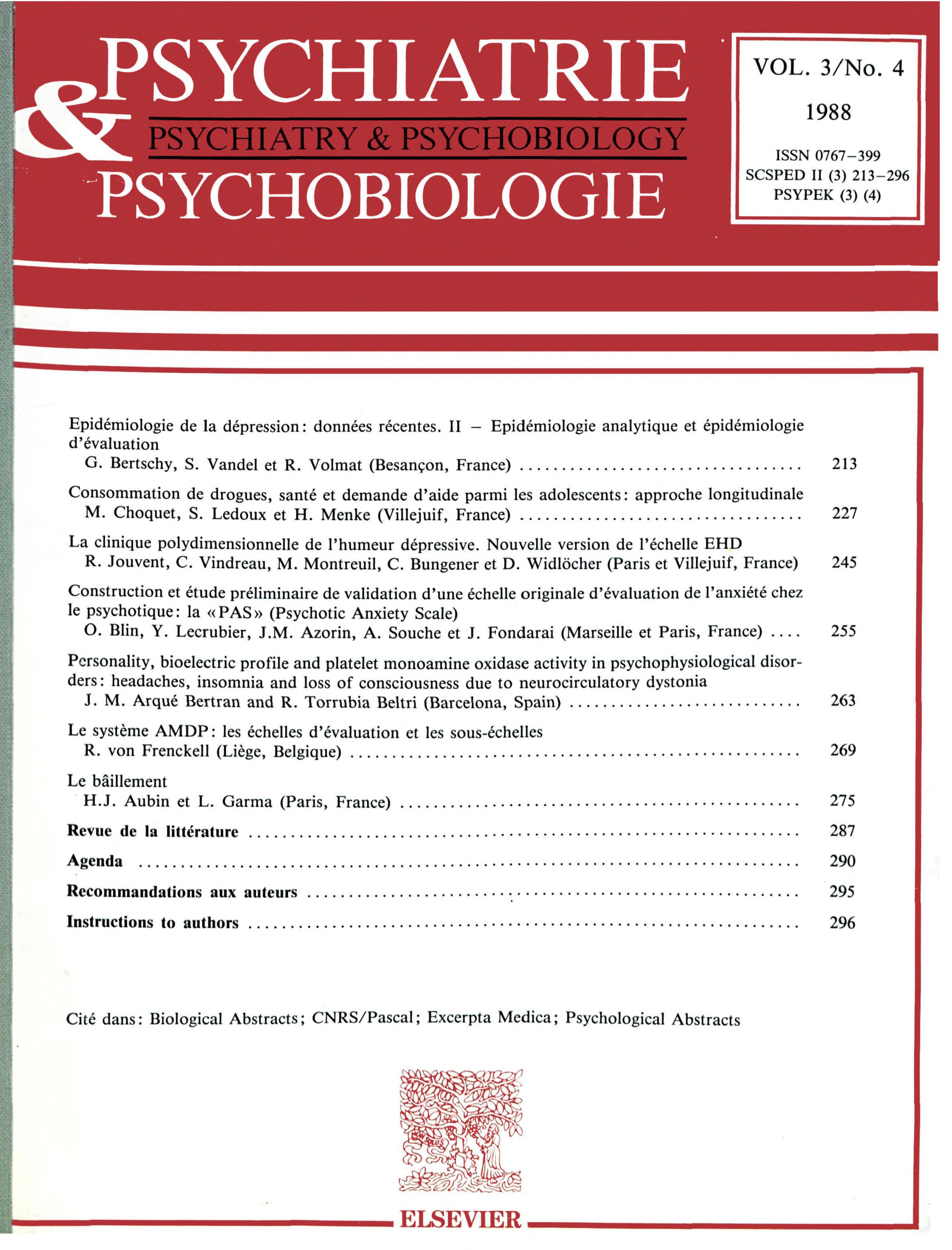No CrossRef data available.
Article contents
Trastornos psicopatológicos depresivos y experiencias infantiles adversas en los trastornos de la conducta alimentaria
Published online by Cambridge University Press: 12 May 2020
Resumen
El propósito de este artículo era investigar la especificidad diagnóstica de las experiencias depresivas de autocrítica y dependencia en una muestra clínica de pacientes con trastorno de la conducta alimentaria y explorar el impacto de las experiencias infantiles adversas en estas dimensiones de la personalidad.
Se evaluó a una muestra de 94 pacientes anoréxicas y 61 bulímicas que cumplían los criterios del DSM-IV y 236 controles emparejados con el Cuestionario de Experiencias Depresivas (DEQ), la versión abreviada del Inventario de Depresión de Beck (BDI) y el Inventario de Acontecimientos Vitales de la AMDP. Se excluyó de la muestra a los sujetos que presentaban depresión mayor o trastorno adictivo comórbido utilizando la Mini Entrevista Neuropsiquiátrica Internacional (MINI).
Las pacientes anoréxicas y bulímicas mostraron puntuaciones más altas que los controles en las subescalas tanto de autocrítica como de dependencia del DEQ. Las pacientes bulímicas puntuaron significativamente más alto que las anoréxicas en autocrítica y comunicaron más experiencias infantiles adversas. Por último, los acontecimientos vitales negativos correlacionaban sólo con la autocrítica en la muestra entera.
Las diferencias en Autocrítica del DEQ entre anoréxicas y bulímicas no se podían explicar por la depresión, ya que las pacientes bulímicas no mostraron niveles más altos en el BDI comparado con las anoréxicas, y no se encontró que los síntomas depresivos medidos con el BDI fueran predictores significativos del agrupamiento diagnóstic en una regresión múltiple logística.
Este estudio apoya la especificidad diagnóstica de las dimensiones depresivas de dependencia y autocrítica en los trastornos de la conducta alimentaria y refuerza investigaciones previas sobre el papel de las experiencias tempranas en el desarrollo de estos trastornos.
Keywords
- Type
- Artículo original
- Information
- Copyright
- Copyright © European Psychiatric Association 2004


